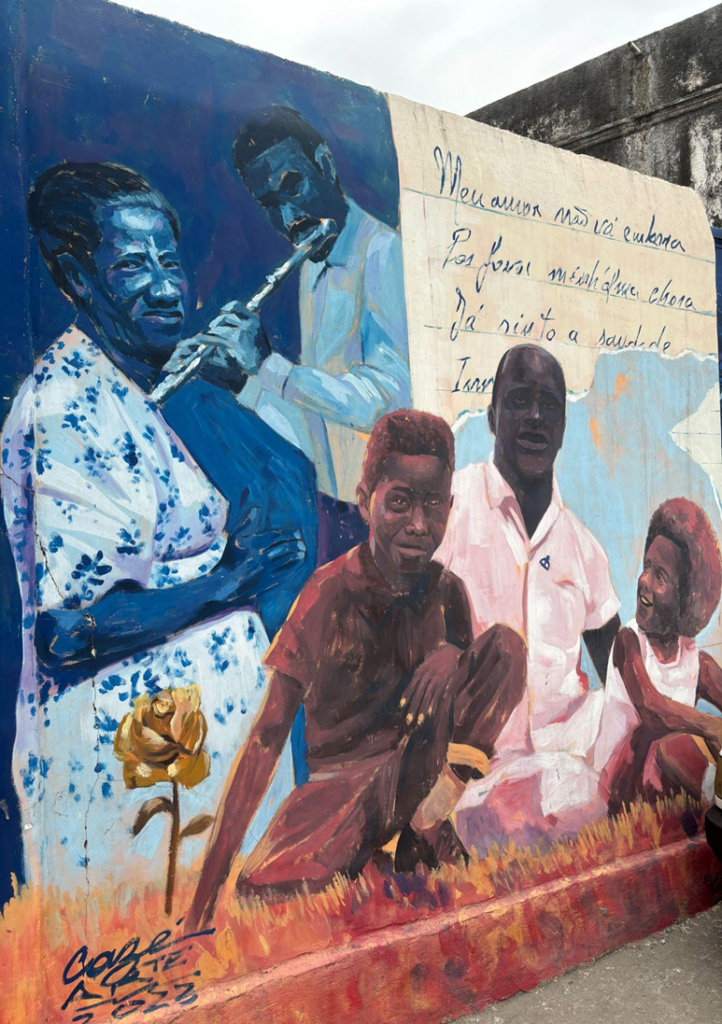HOUSE OF CANDEIA
Poetry Against Racism
Antonio Candeia Filho was born in 1935, the son of a musician who frequently attended the samba gatherings in Oswaldo Cruz. From a young age, Candeia was immersed in the festivities at the home of Lady Ester, a pioneer in promoting samba in the neighborhood. He was part of a group of friends known as the Turma do Muro (Wall Crew), which included samba musicians like Casquinha, Waldir 59, and Picolino. They would gather by the train station to compose some of the earliest sambas.
At the age of 17, he scored his first samba-enredo (the carnaval’s samba theme song) for Portela. In addition to being a composer, he also served as a police officer. His work in law enforcement even led him to approach some of his samba peers, such as Paulinho da Viola. At the time, samba was associated with marginality, but Candeia’s professional and personal journey prompted him to challenge these social stigmas, inspiring him to incorporate political and resistance themes into his compositions.
At 30, Candeia was involved in a traffic accident and was shot five times, leaving him in a wheelchair. To help him avoid depression, friends turned his home into a new gathering spot, keeping it alive with samba circles and cultural exchanges. This support was crucial for him to resume his career in the 1970s, during which he released several landmark albums.

That decade also saw Candeia emerge as a powerful political voice of resistance. He founded the Grêmio Recreativo de Arte Negra e Escola de Samba Quilombo, advocating for the preservation of samba traditions and raising awareness about Black History. Candeia became a pioneer in denouncing structural racism in his music and challenging the status quo of the time, often criticizing the direction many samba schools were taking.

Today, his legacy is honored with a graffiti mural by the Negro Muro collective at the site of his former home. The author of classics like “Preciso Me Encontrar” and “Dia de Graça” continues to inspire samba circles and the fight against racism.



















